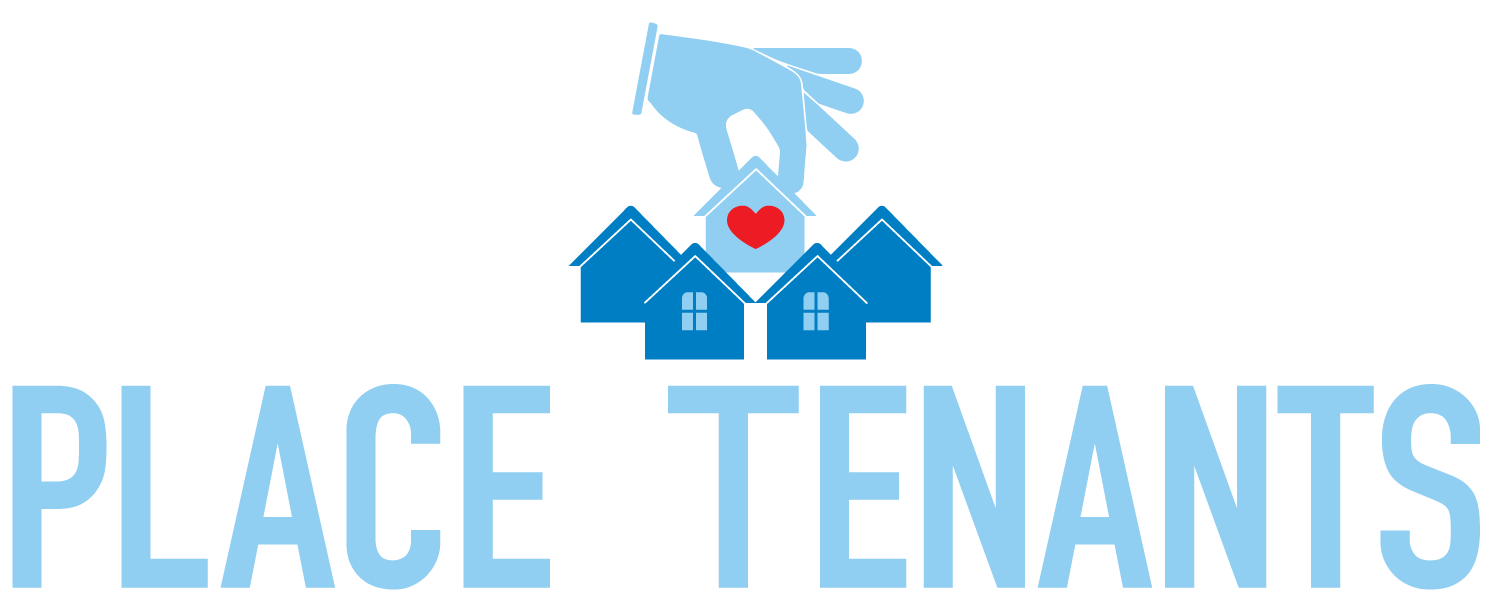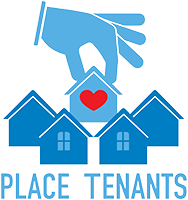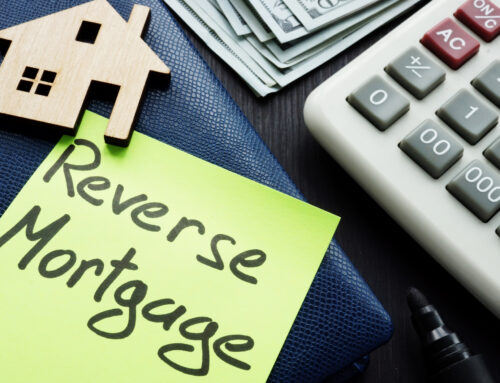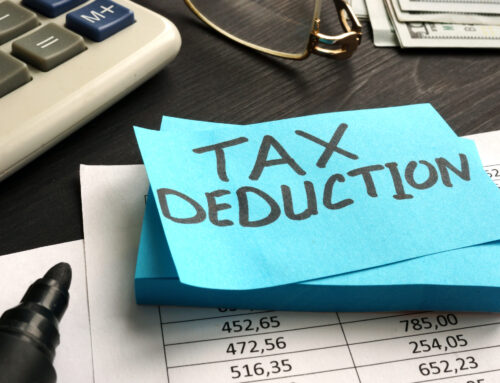When landlords hear from tenants, it’s often in the form of a complaint. What many property owners don’t realize is that tenants frequently withhold concerns to avoid confrontation or fear retribution. This reluctance to communicate often leads to undesirable outcomes: reliable tenants vacate without warning, frustrations escalate into legal action, property damage occurs, or issues remain unresolved while tensions build.
Professional property management creates open communication channels that prevent these scenarios. For DIY landlords, understanding common tenant complaints is essential for maintaining positive relationships and protecting your investment.
Common Tenant Complaints Every Landlord Should Know
Property and Appliance Condition Issues
Structural problems like leaking roofs, broken windows, and malfunctioning doors require immediate attention regardless of season. While landlords might view certain issues (like a non-functioning garage door opener) as minor inconveniences, tenants often add these delays to their mental list of grievances.
Best Practice: Maintain clear communication about maintenance timelines and prioritize repairs affecting basic habitability.
Pest Infestations and Mold Problems
No one—landlord or tenant—wants to deal with rodent infestations or black mold. These health hazards demand swift resolution. Tenant dissatisfaction often stems from:
- Not being informed about existing problems before signing agreements
- Lack of communication about scheduled treatments requiring temporary relocation
- Delayed responses to infestation reports
Best Practice: Conduct thorough inspections before new tenancies begin and address pest issues promptly.
Heating and Climate Control
Proper heating is legally considered a basic necessity, even in warmer climates like the Sonoran Desert. During winter months, malfunctioning heating systems constitute an urgent matter requiring immediate attention.
While air conditioning isn’t universally considered essential, if it’s included in the lease agreement, landlords must maintain it in working condition.
Best Practice: Schedule preventative maintenance on HVAC systems before extreme weather seasons.
Utility Responsibility Confusion
Rental agreements vary widely regarding utility responsibilities. Some cover all utilities, others just basic services like trash and water, while some place all responsibility on tenants.
This inconsistency often creates misunderstandings when, for example, electricity service is interrupted due to unpaid bills or accidental service disruptions.
Best Practice: Clearly outline utility responsibilities in lease agreements and provide written documentation.
Safety and Security Concerns
Safety issues frequently overlap with property condition problems, such as broken locks, non-functioning exterior lighting, or compromised security systems. Additional concerns may involve neighboring tenants or their pets creating unsafe conditions.
Best Practice: Address security concerns immediately to avoid potential liability and tenant dissatisfaction.
Security Deposit Disputes
Security deposit returns generate significant conflict between landlords and tenants. Common points of contention include:
- Distinguishing between normal wear and tear versus damage
- Determining appropriate cleaning deductions
- Meeting legal timeframes for deposit returns
Best Practice: Document property condition thoroughly at move-in and move-out, understand local laws governing security deposits, and provide itemized deductions.
Discrimination Issues
Discrimination based on protected characteristics (race, gender, sexuality, national origin, etc.) violates fair housing laws—both during application processes and throughout tenancy—even when unintentional.
Best Practice: Ensure consistent application of policies to all tenants and avoid actions that could be perceived as discriminatory.
How Professional Property Management Helps
Any of these issues can damage the landlord-tenant relationship. As tensions escalate, both parties might resort to counterproductive measures like rent withholding or improper eviction attempts.
Before taking independent action, both landlords and tenants should consult legal resources specific to their state’s landlord-tenant laws.
The Place Tenants Advantage
A quality property management company prevents these situations through proactive communication and established procedures. Place Tenants has built a reputation on fostering positive landlord-tenant relationships that protect your investment while ensuring tenant satisfaction.
Take Action Today
Don’t wait for small issues to become major problems. Contact Place Tenants at 800-886-1193 or email [email protected] to discover how our professional management services can enhance your rental property experience.






